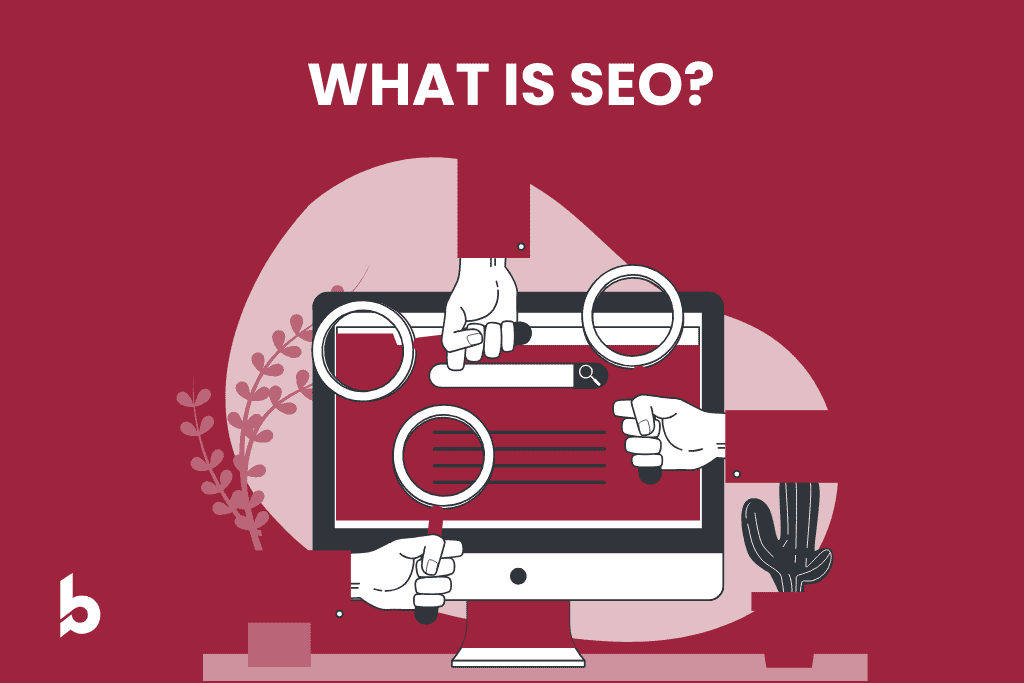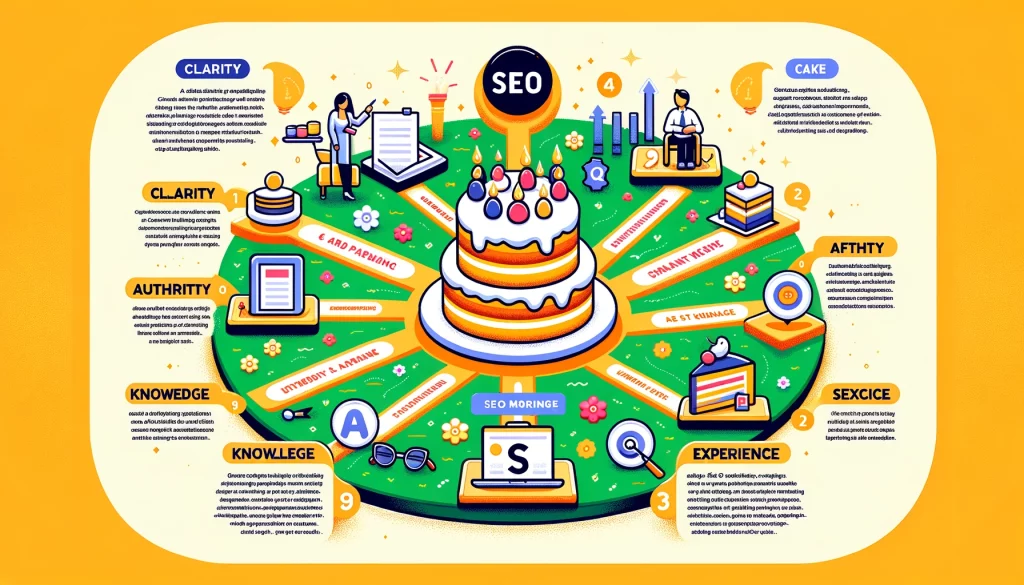What Is SEO? A Simple Way to Understand Search Engine Optimization.
Search Engine Optimization (SEO) involves the actions we take to convince search engines that we have the best answers to these information needs.

SEO can be a difficult topic to grasp, but to develop a timeless appreciation for SEO, the key is not to overthink it.
First, why people search?
When people search online, they have a specific information need. This need might stem from a problem they’re facing or curiosity about a particular question. Search engines, like Google, strive to serve the best results that they believe will fulfill these information needs.
Simply put, Search Engine Optimization (SEO) involves the actions we take to convince search engines that we have the best answers to these information needs. It’s that straightforward.
What makes SEO complex is that these actions are numerous, and we cannot be certain they will lead to an improvement in organic results. Additionally, results can take a few months to become apparent, and the landscape is always changing. What works today may not work next week.
But still, everything leads back to one goal: convincing search engines that the best answers lie with us.
How do you let search engines know you have the best answers? Introducing the CAKE framework.

(Clarity) Best Technical Structure: Search engines don’t employ millions of people to manually review content. Instead, they use bots to analyze and predict the type of information needs the content is addressing. Technical clarity involves having precise meta titles and descriptions, a well-structured HTML layout with appropriate headings (especially H1 and H2), and correct schema reflecting the content type. This clarity makes it easier for bots to understand and index your content, helping them accurately predict the information needs you are addressing and improving the chances of your content ranking.
(Authority) Most Trusted: Having the right answer isn’t enough; you need to earn Google’s trust as an authority on the topic. Just like in real life, the same words spoken by different people can have different impacts. People tend to trust the words of authorities, especially if they have professional backgrounds in that particular topic. Consider your own life: there are specific people you go to for relationship advice and others for financial advice, but they’re usually not the same people. The challenge is to prove to search engines that your website is an authority. Start by thinking about how you prove to people around you that you are an expert in a certain topic.
(Knowledge) Best Content: Before attempting to ‘game the system,’ focus on your content. Ask yourself honestly: Is your content useful? Is it enriching? What is the search intent of your readers? Will they leave feeling satisfied that your content was helpful?
(Experience) Best Way to Consume Information: Understanding people’s information needs requires empathy to further understand how they prefer to consume content. Does your content provide a great consumption experience? Is the loading speed fast? Does it respond well to all screen sizes? Are we sure the best way to consume the information is via our website? Is it presented in an engaging format? The same information can be repackaged into different formats, such as tools, tables, infographics, videos or even interactive games. The same information can be published on different platforms where people search for information.
Mission is the same though the tactics are constantly changing
The mission remains the same, though the tactics are constantly changing. Search engines like Google are continually evolving, frequently updating their algorithms. Sometimes they introduce new metrics, adjust the weight and importance of existing ones, or alter the display of search results to better serve information consumers as society progresses. Their end goal is constant too: to be the single source of truth where people seek answers.
AI is a great example. With the introduction of ChatGPT and other emerging AI technologies, human search behavior is changing. People may not rely solely on search engines anymore. For certain types of information, they might prefer AI over traditional search engines. This is why we shouldn’t be surprised that Google is implementing Gemini to provide a Search Generative Experience (even though it may not work well now).
However, the constant is that humans will always desire information. SEO will gradually evolve beyond the domain of search engines. As SEO professionals, we should continuously keep on learning seo, level up and explore creative ways to ensure our assets are findable across major mediums and we have the best answers to the information people seek.
Explore More Content
Table of Content

